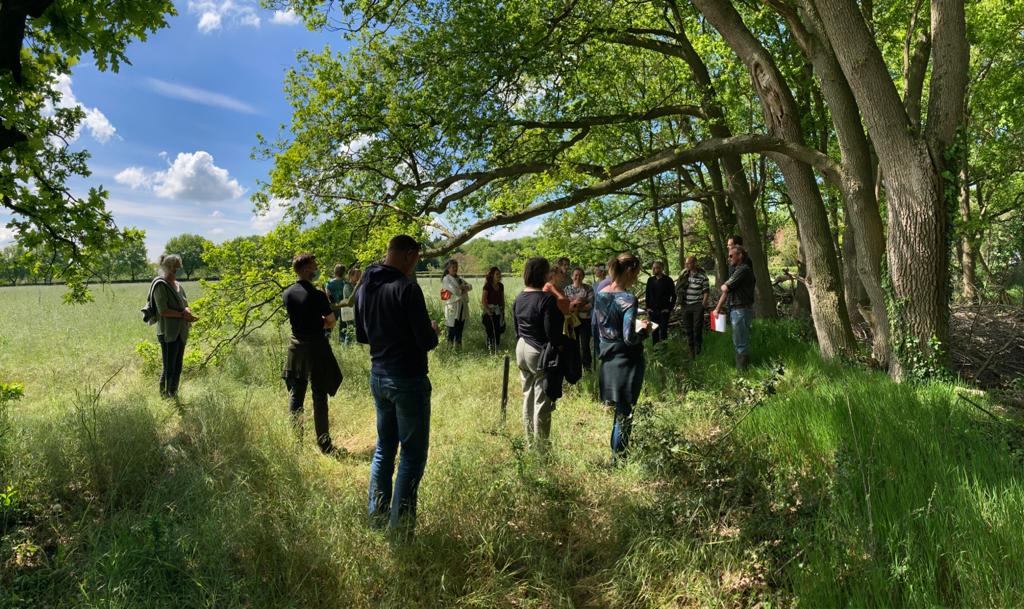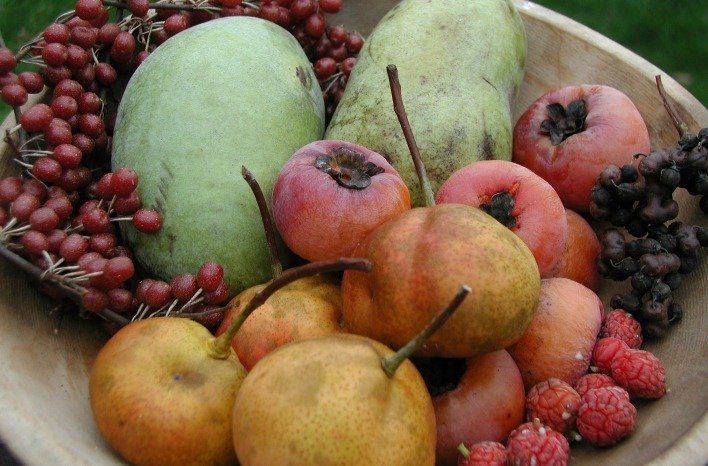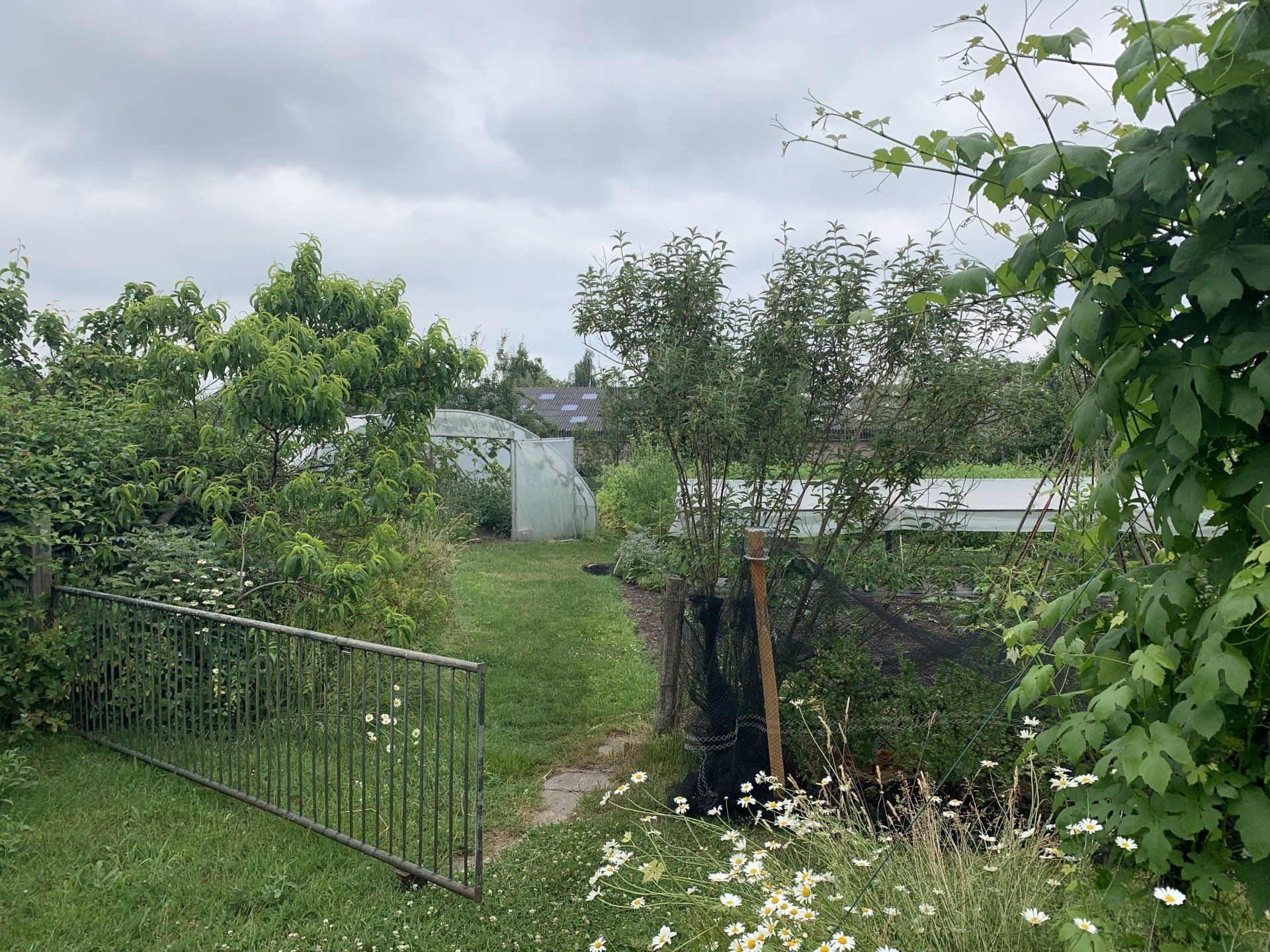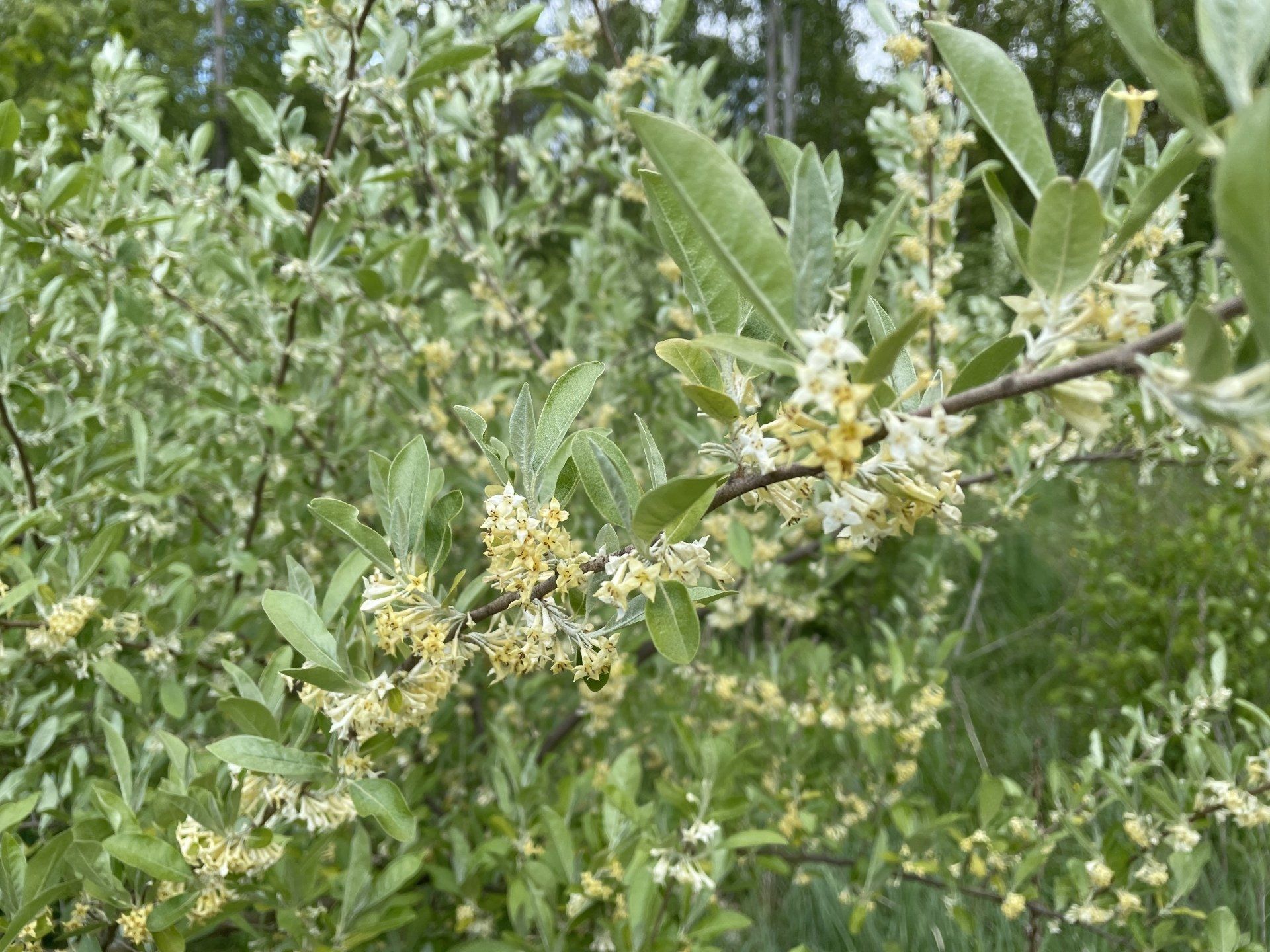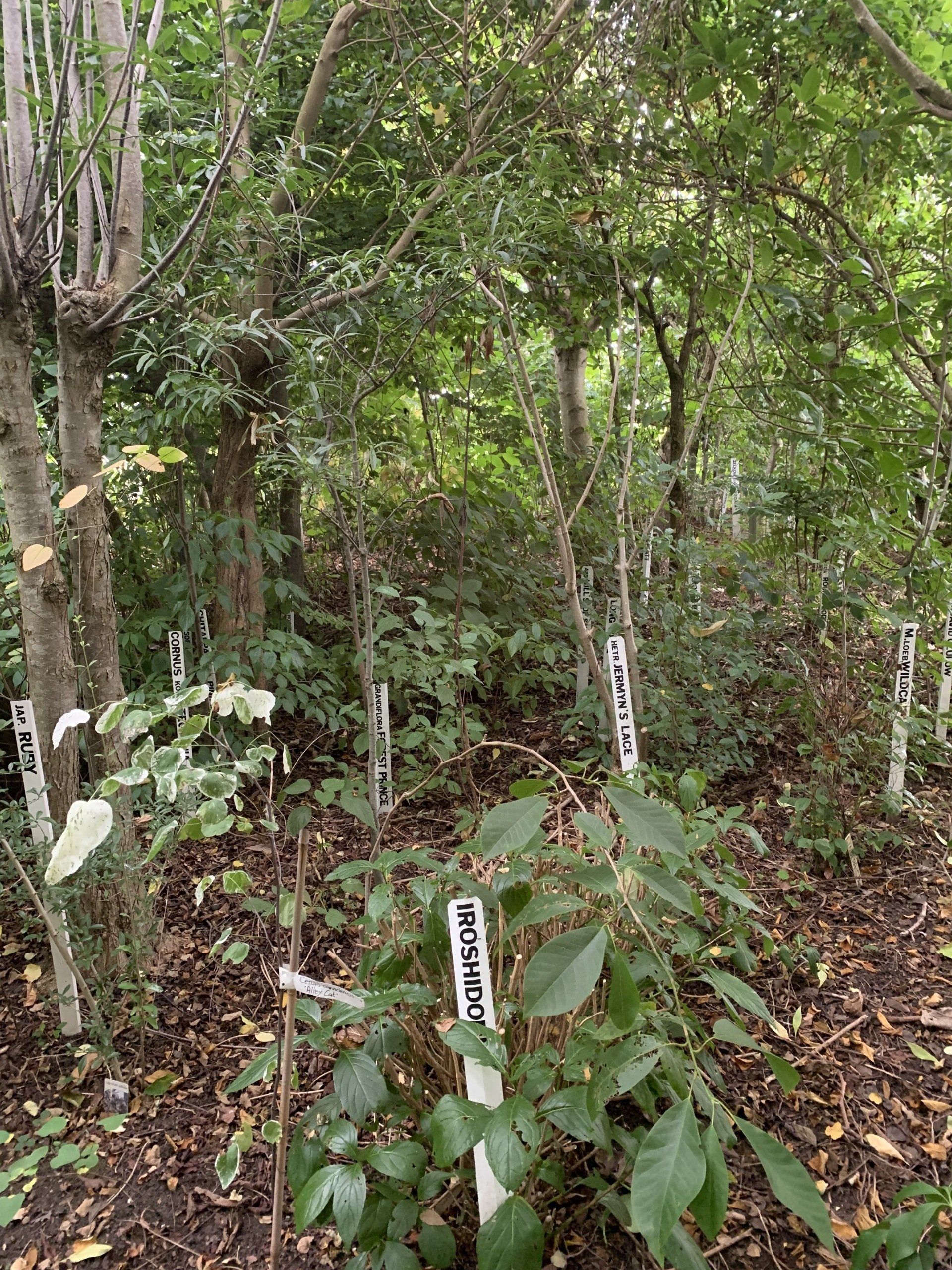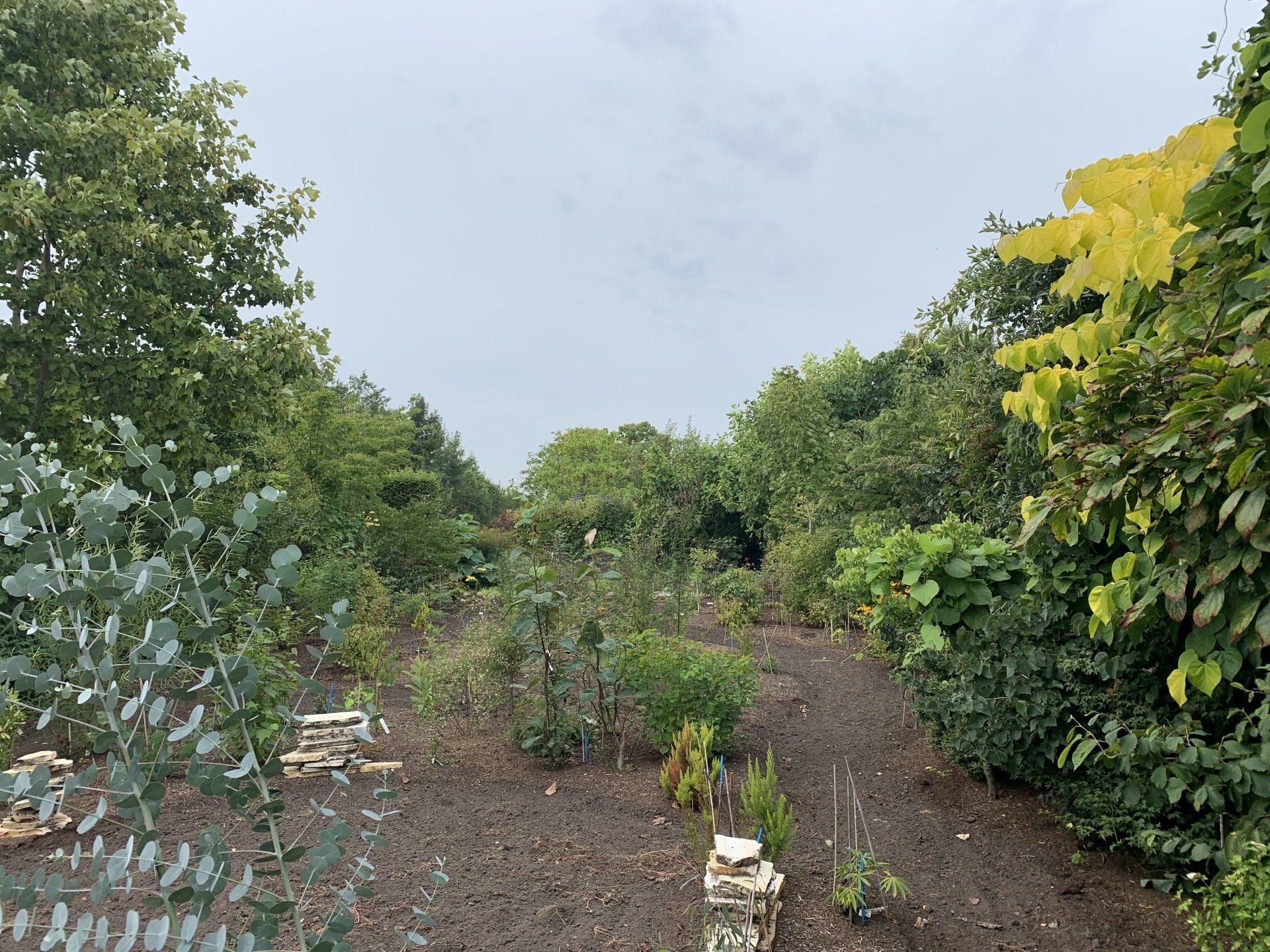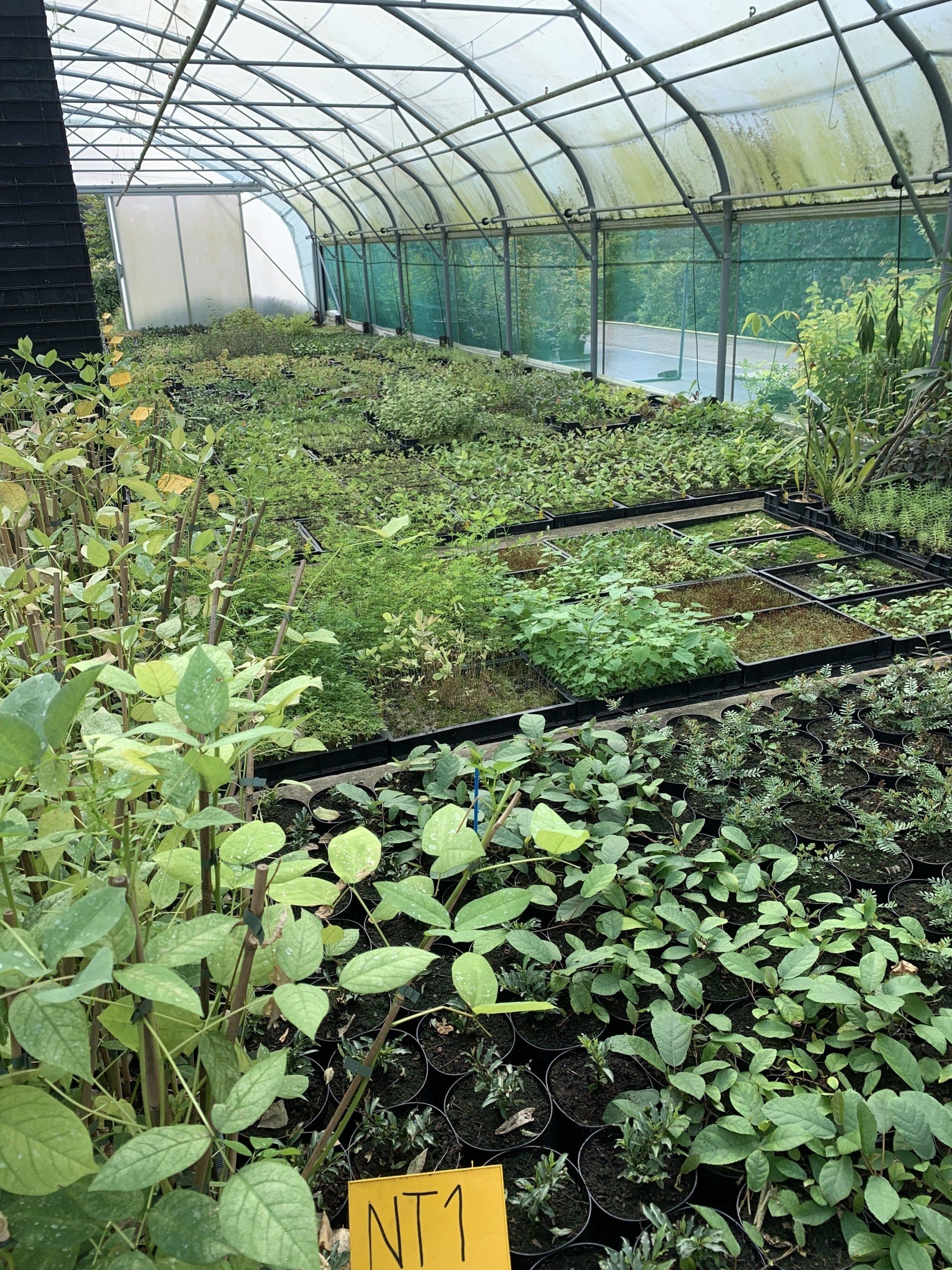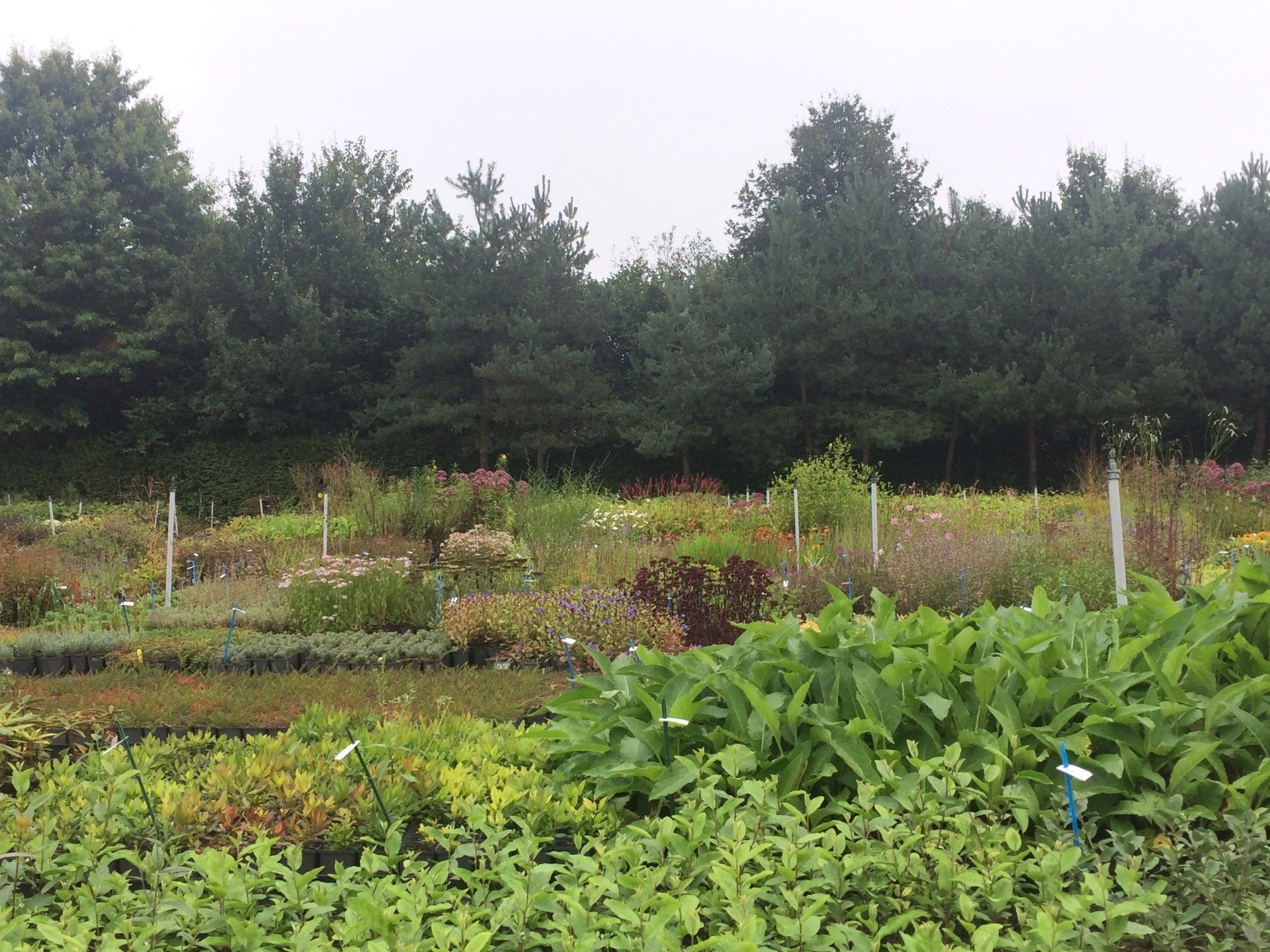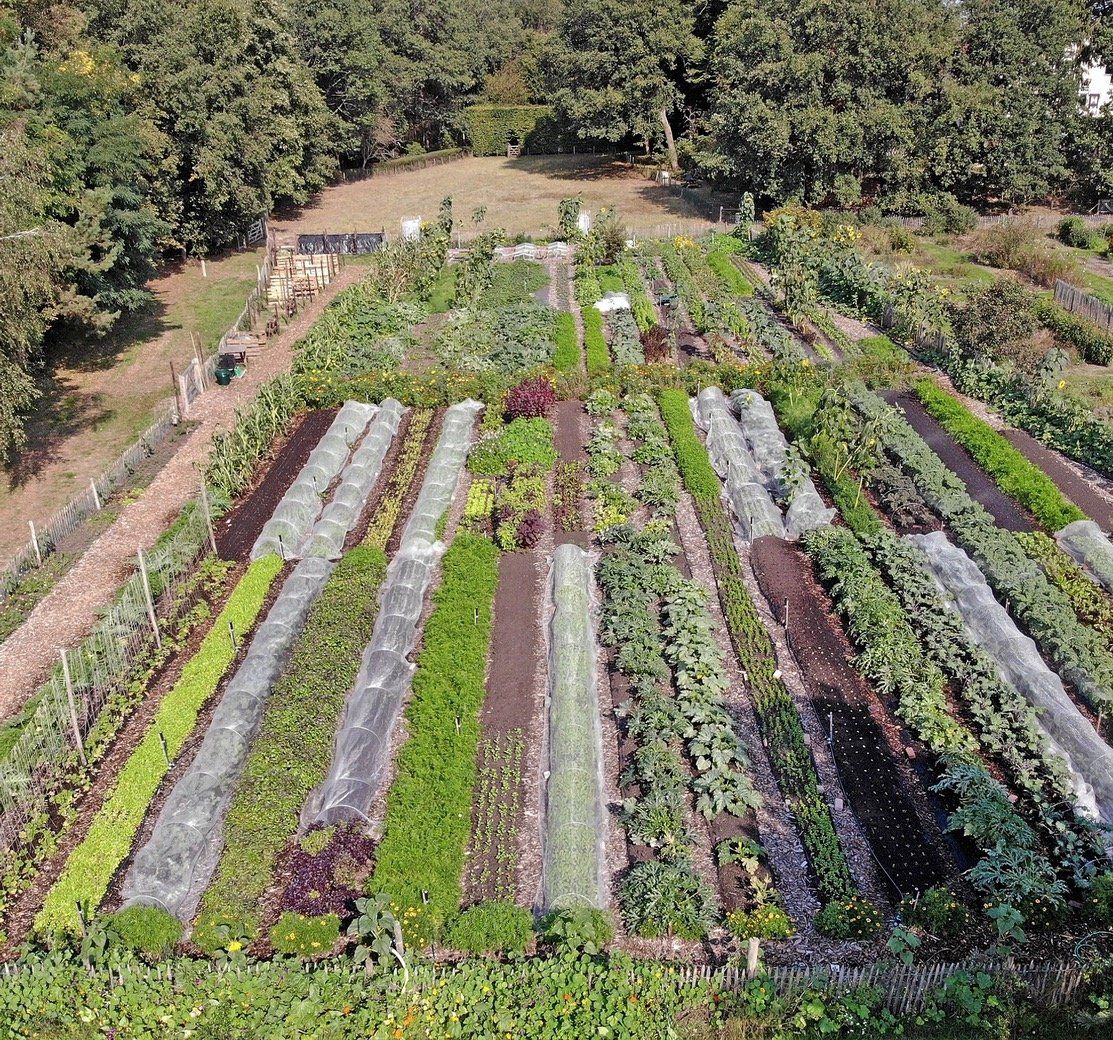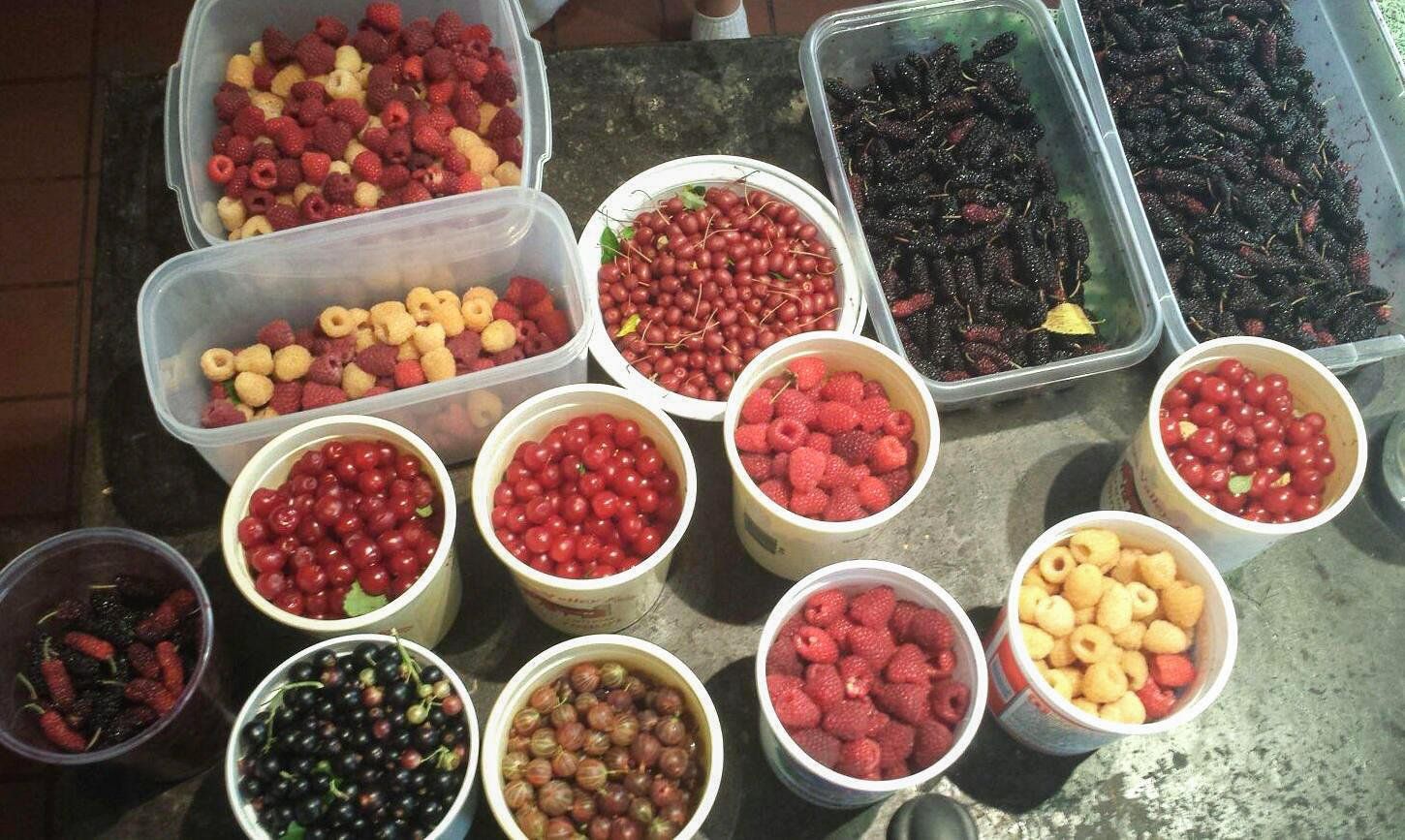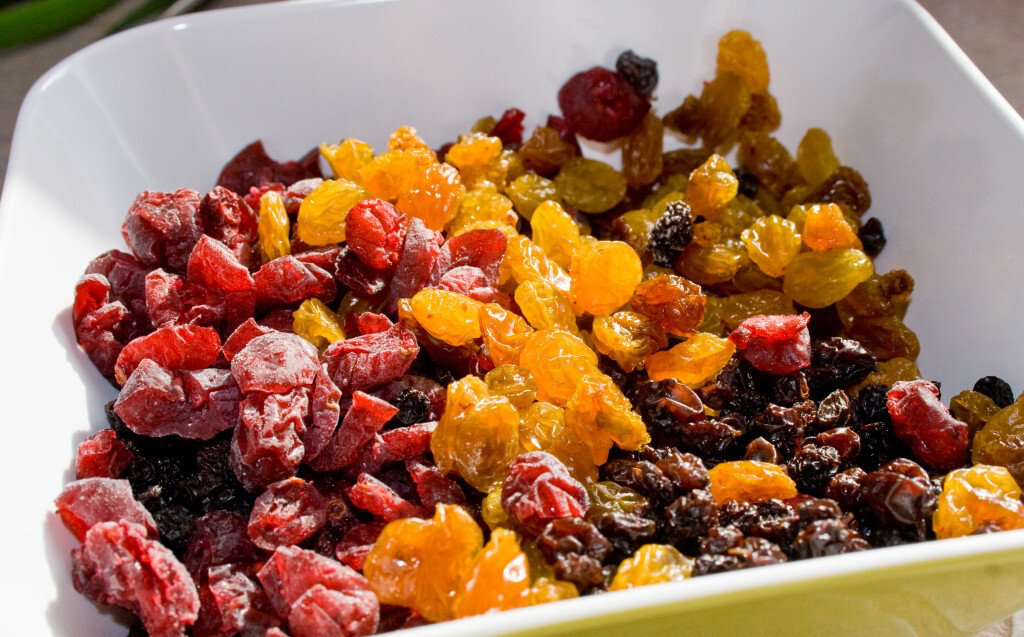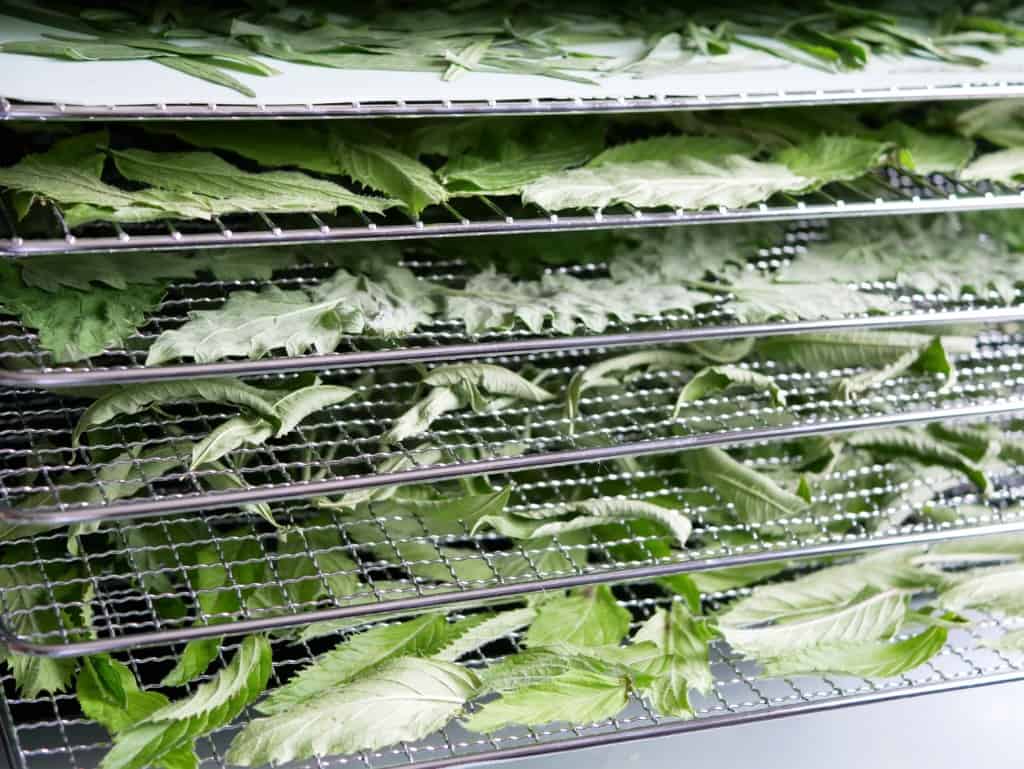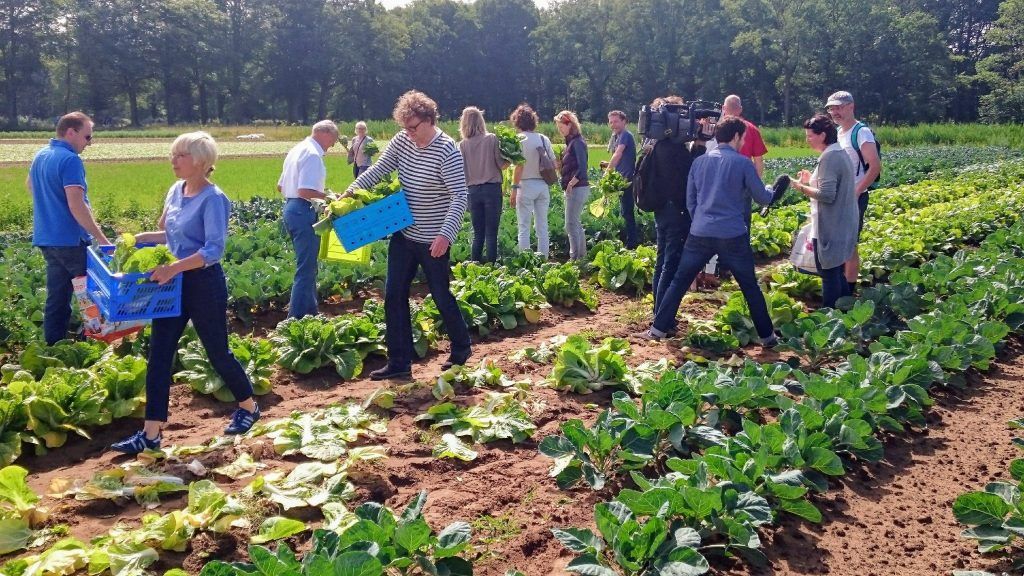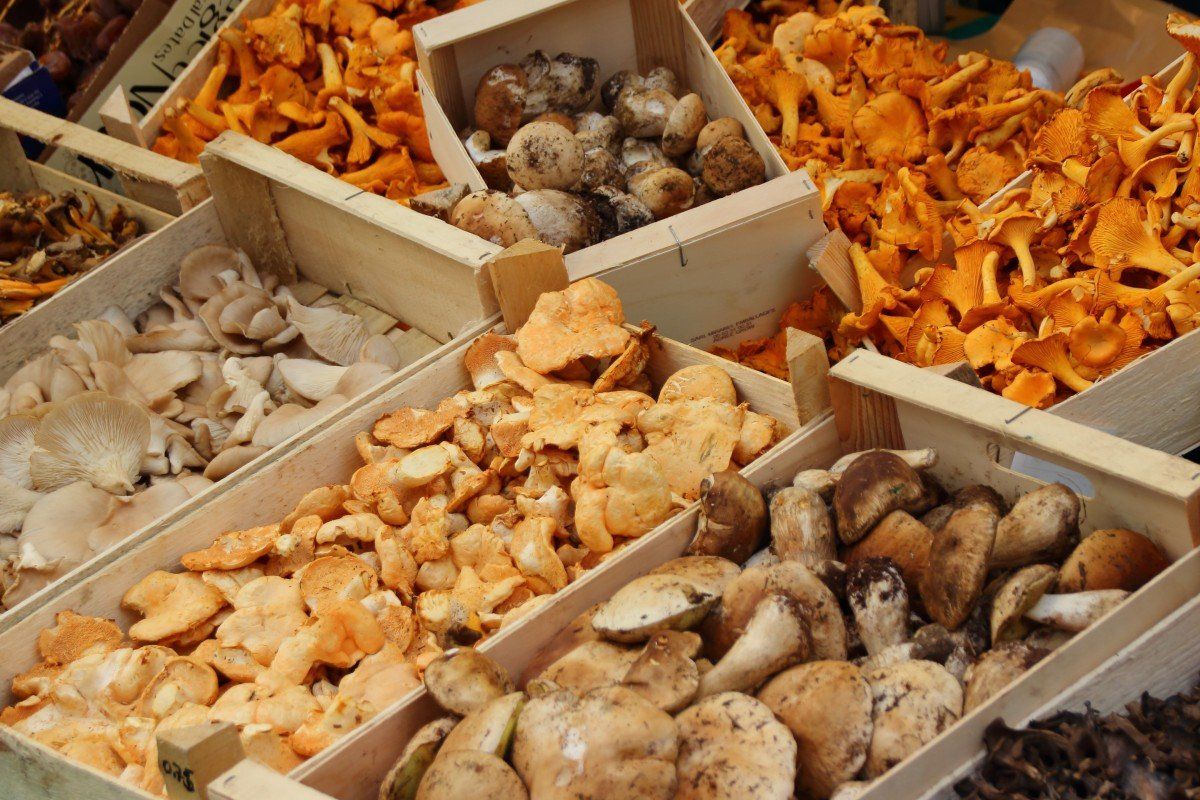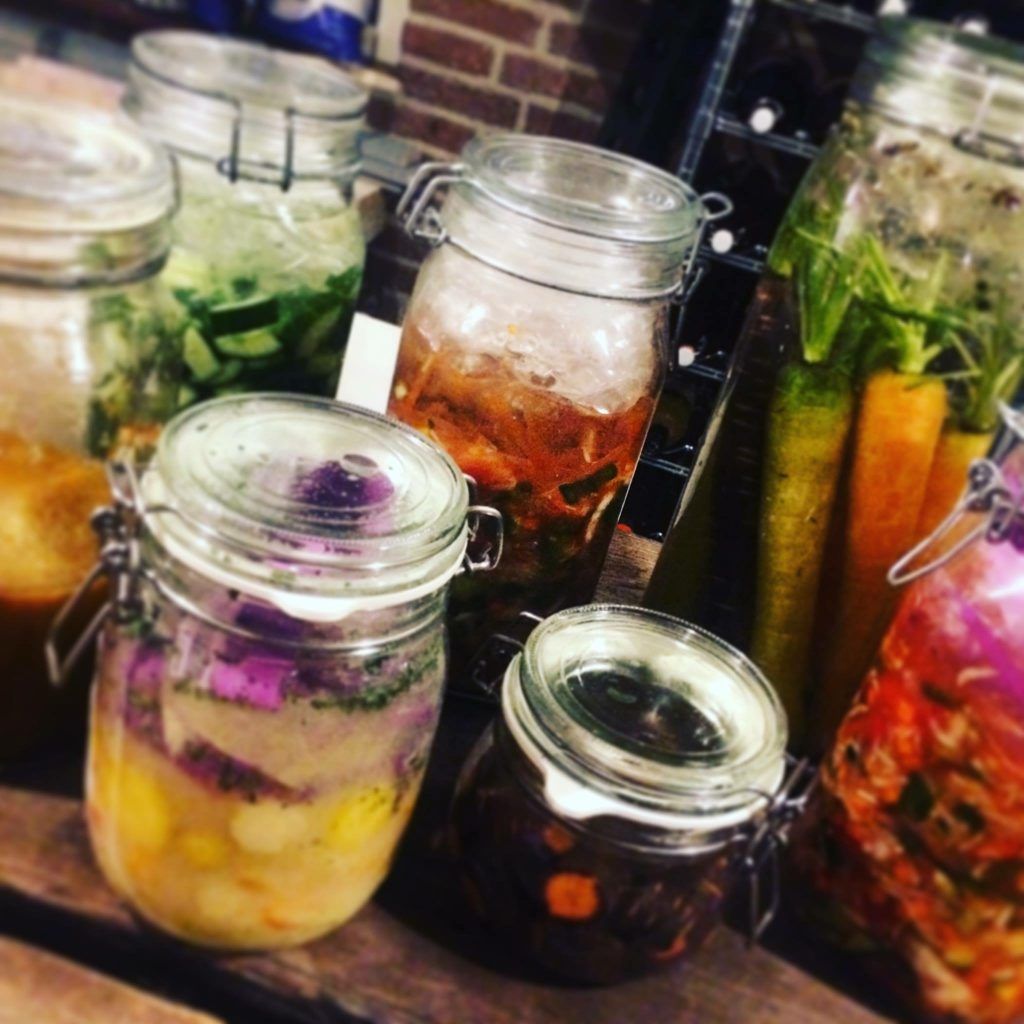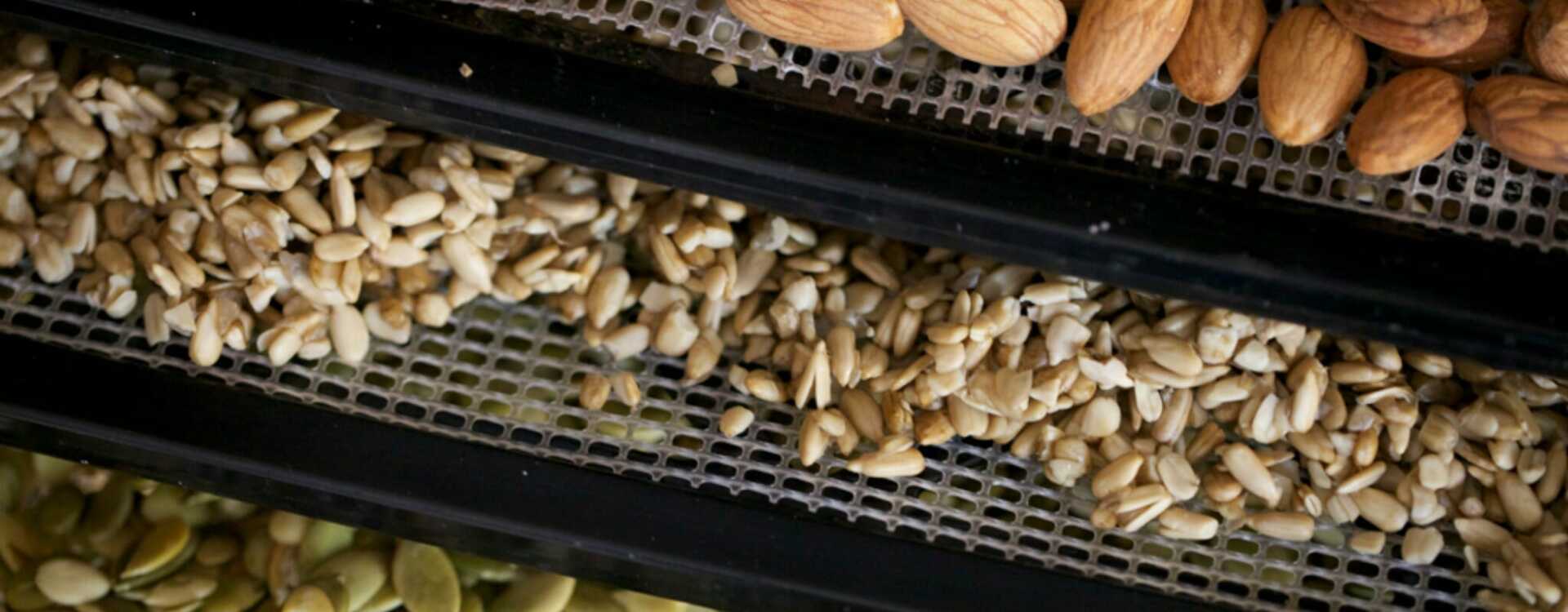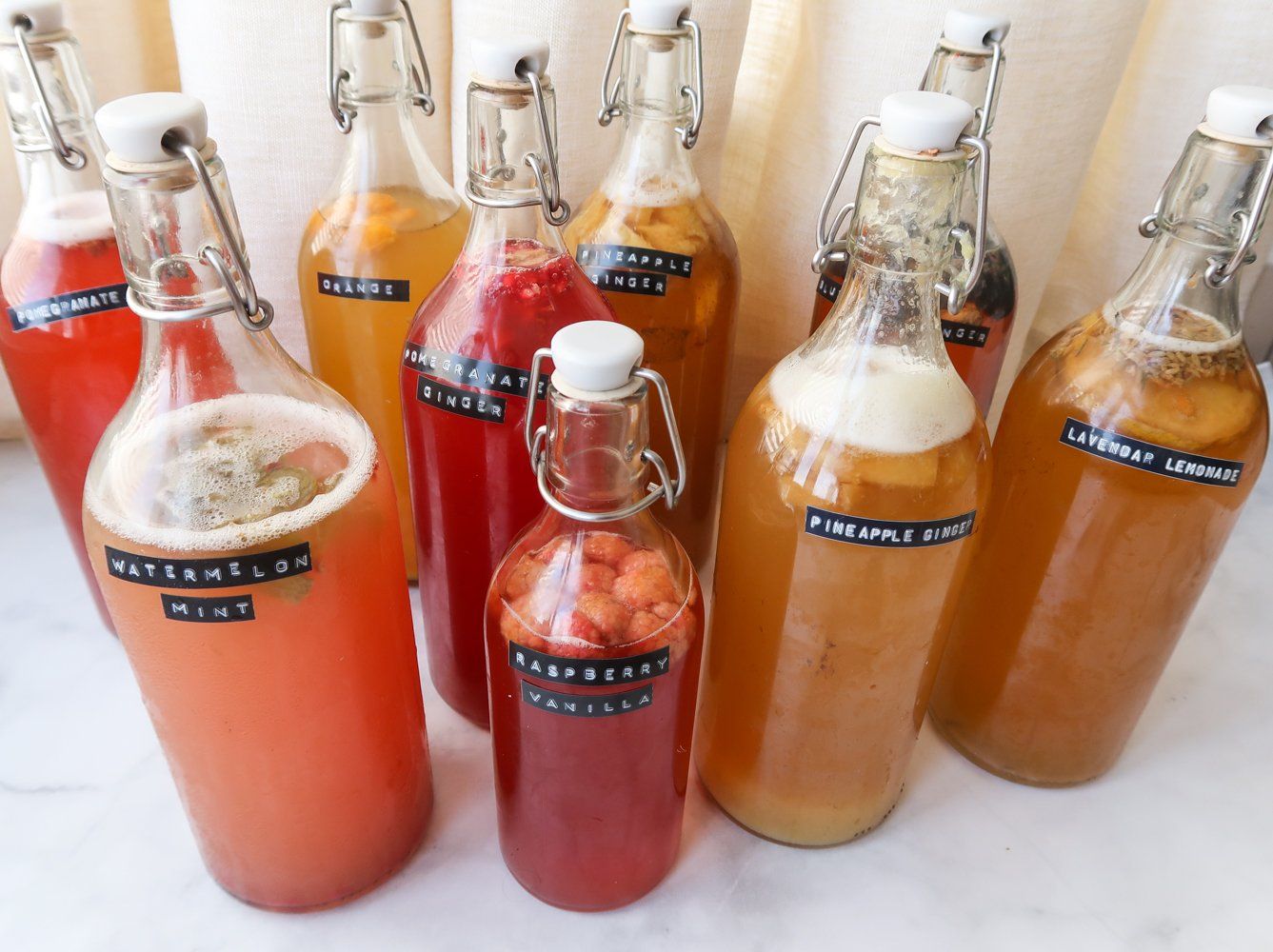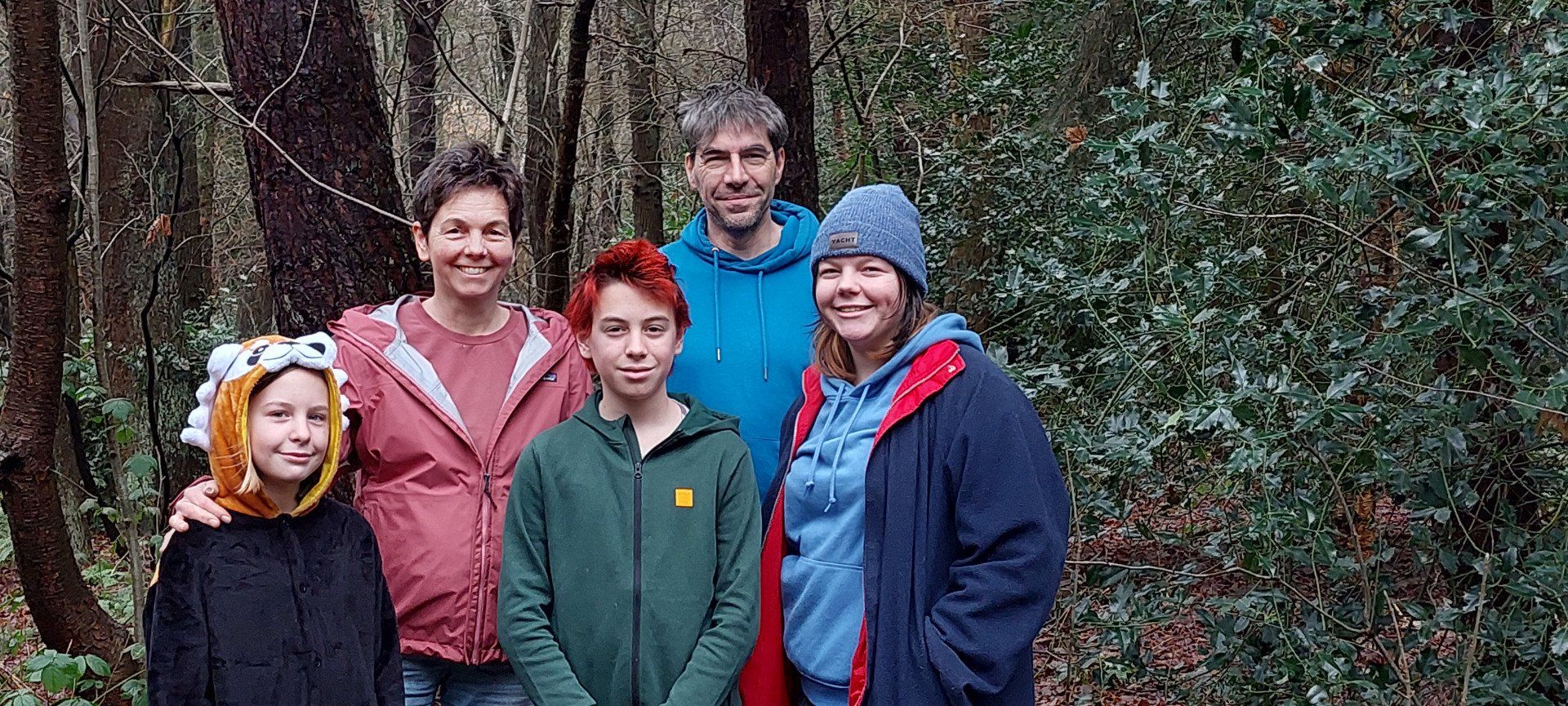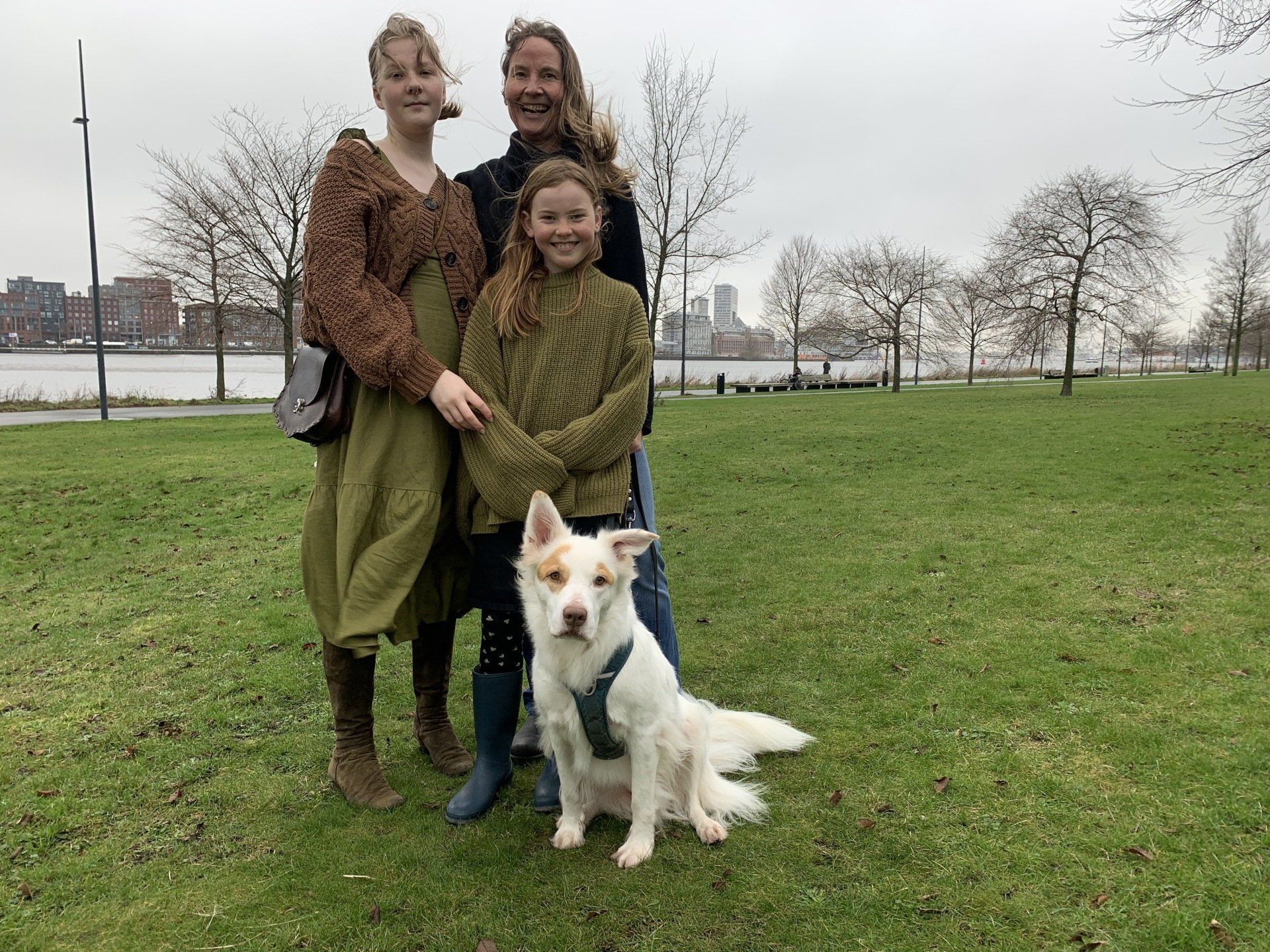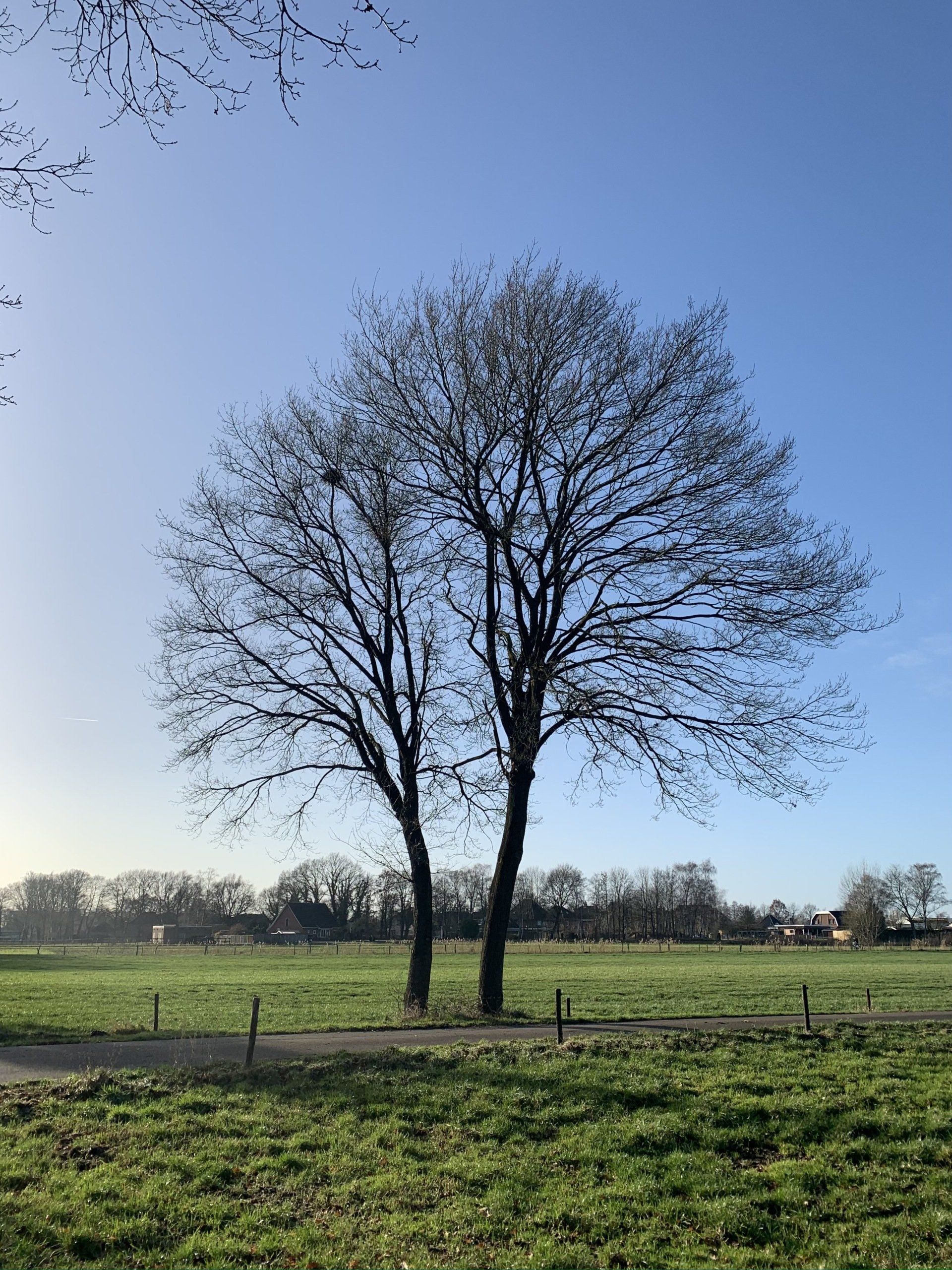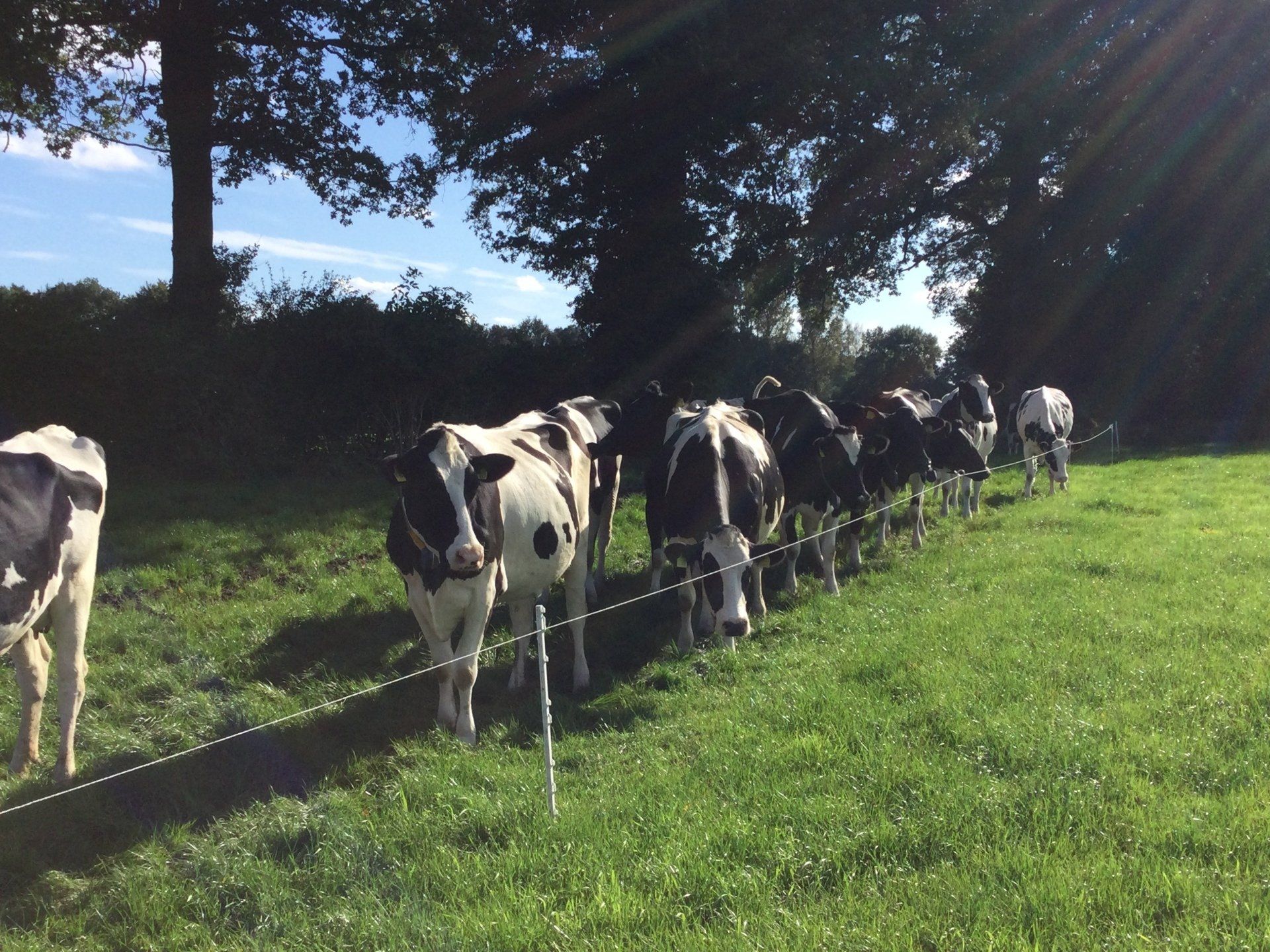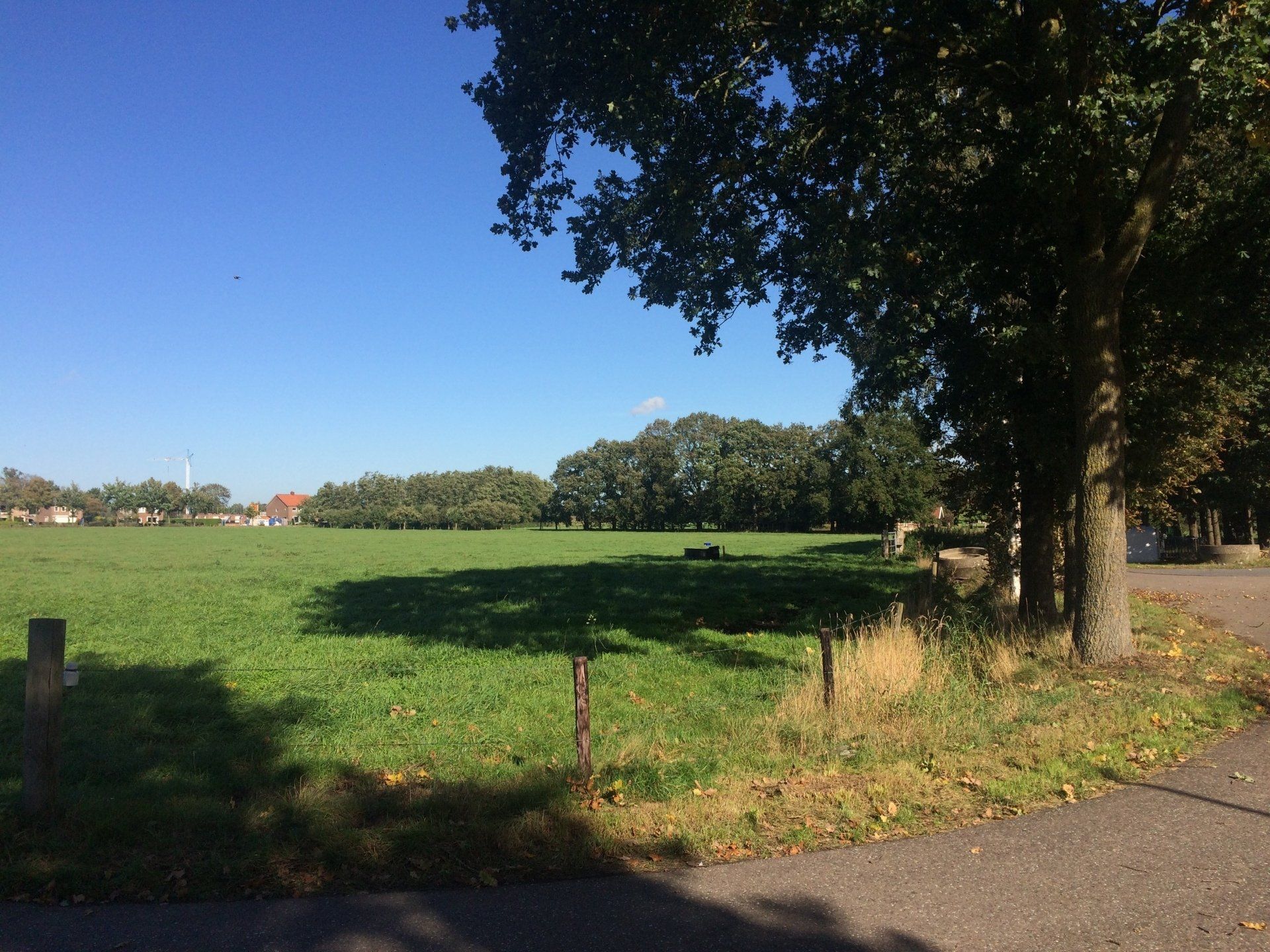Glanerbeek food forest
Farming with nature
Over the coming years, a food forest will arise in the rural area on the outskirts of the city of Enschede. A forest that provides things to eat: Nuts, fruit, leafy greens, flowers, shoots and tubers. A forest where you can experience what it is like to farm with nature. Where you can witness how everything works together to provide our food: the plants, the soil, the fungi, the insects, the birds and us humans. Where it remains green during droughts, stays cool in heat and where there is shelter in the storm. A pleasant place to be and meet others. Where the abundance of nature is apparent.
Welcome to Glanerbeek food forest.
A food forest, what's that?
A food forest is a robust ecosystem, designed by humans following the example of a natural forest, with the aim of producing food.
A food forest has several layers: tall trees, low trees and shrubs, understory, herbs, climbing plants, bulbs, tubers and mushrooms. The surface that absorbs the rays of the sun is as large as possible, so that much more sunlight is converted into plants: food for us and for other organisms.
There is no plowing or digging in the forest. The soil life is left undisturbed and grows rich and fertile. In combination with a wide variety of plants, this leads to a resilient system with high biodiversity, where animals of all kinds also find a place.
Watch the video of the Food Forestry Foundation in the Netherlands here:
A food forest is long-term agriculture. Most trees yield their first harvest after a few years, sometimes decades. On the other hand, once the forest has been established, it takes little to no work, while it yields an increasingly rich harvest over the years, without fertilizers and pesticides. The next generations will reap these benefits.
Plant nursery
In addition to the food forest, we will start a small-scale plant nursery on the farm. This nursery will help ensure that there are enough suitable plants for the food forest.
Plant material for food forests is scarce: Not many growers have the right plant varieties, which are often unknown in our country, or not available in great quantities. Even fewer nurseries deliver robust and productive plants that do well without fertilizers, pesticides or irrigation. That is why we choose to propagate and cultivate these plants ourselves: for our own use and for sale to other food forests.
Impression of the nursery. Photos taken at fellow nurseries Rein and Mark Bulk (Boskoop) and Arborealis (Wilhelminaoord)
The nursery is entirely focused on food forest plants: perennials and woody plants with edible fruits, leaves, flowers, nuts or seeds. In addition, we grow plants that have an important ecological function in the food forest: because they provide shelter to other plants, fix nitrogen in the soil or attract insects for pollination and pest control.
Our aim is to grow the plants in open soil, without the use of plastic pots, pesticides and with a minimum of nutrition.
Together
Restorative agriculture cannot be a solo enterprise
On the 25 hectares under our management, there is, in addition to the food forest and the nursery, space for other entrepreneurs to contribute to a vital local food chain. We believe that together we can provide a wide range of healthy and tasty food and strengthen each other's activities.
Images: ao Tuinderij Bodemzicht, Philadelphia Orchard Project, Apricot Lane Farm, Herenboeren, De Smaakfabriek.
We are looking for entrepreneurs to complement our activities. This could be in the form of marketing or processing the harvest from the food forest, or producers in and around the food forest, such as a beekeeper or a mushroom grower who helps convert the dead wood into tasty fungi. Our dream is to have an on-site tasting room, where you can get acquainted with all the flavours the forest has to offer.
About us
We are Maud Aarts, Dagobert Bergmans and Jessica van Bossum. Our plan is to plant, manage, live in and harvest from the food forest.
Maud and Dagobert with (from left to right) Inger, Simon and Saar). Jessica and her daughters Zoe (l), Lucie (r) and dog Ayda
Maud and Dagobert are urban planners and architects by profession. For 15 years, they built and ran Buitenwerkplaats, a meeting and cultural production location on a Dutch farm estate. They sold this location in 2021 to fully focus on their green ambitions. Maud works as a consultant for farm estate planning and spatial quality. Dagobert is fully focused on building his skills and knowledge of food forestry. Together with Jessica, he did a one-year internship at Esveld plant nursery in Boskoop.
After studying Industrial Design, Jessica worked in international development cooperation all over the world for 15 years. In 2015 she quit her job to study Environmental Sciences in Wageningen, focusing on the relationship between food production and climate change. She then worked as a researcher of urban food systems. Now she is ready to roll up her sleeves and make a more direct impact, in order to leave the world a little more beautiful than she found it. All these things come together in the food forest.
After years of preparation and learning, in July 2020 we moved to beautiful Twente with our children to embark on this great food forest adventure.
Location
The food forest is located on the banks of the Glane stream – 'Glanerbeek' in Dutch. On the fringe of Enschede, six kilometers from the city centre. Germany is just across the stream. In a few years time, you can roam through 15 hectares of productive food forest here, where up till 2022 cows browsed the meadows.
Get in touch
Voedselbos Glanerbeek
Glanerbrugstraat 47-49
7585PK Glane, the Netherlands
Maud: +31 6 14597632
Dagobert: +31 6 14448468
Jessica: +31 6 14105023
info@voedselbosglanerbeek.nl
How to get there
Bicycle Glanerbeek food forest is 6km from Enschede train station.
Public transport Trains run between Enschede and Gronau/Münster every half hour, and stop at Glanerbrug. From Glanerbrug station it is a 10-15 minute walk to the food forest.
Car We have a new driveway, between house numbers 39 and 45. The navigation does not show this turning (yet). From Enschede, this is the turning to the left.after the petrol station
Dutch only




